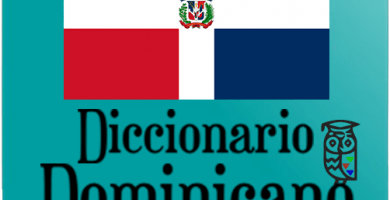Chon
The creation of the acronym CHON is merely mnemonic in nature, that is, it serves to take into account the essential chemical elements of life. It is necessary to clarify that this acronym comes from English and that in some cases …
Chota
Chota comes from the word choto which is an onomatopoeia of the noise that mammals make when they suckle. However, due to the polysemic characteristic of this term, it is possible that some of its meanings …
Joseo
Everything seems to indicate that the origin of “joseo” comes mainly from the medieval Dutch ” hutselen ” which means ” shake “, a word widely used in street gambling at the time.

Acechar
The word Acechar is part of the popular language of the Dominican Republic and is closely linked to harassment and Leer mas
Mamaguevo
The origin of mamaguevo comes from the use in Spain of the word “eggs” as a synonym for the male genitalia. This offense, widely used in the Caribbean region, comes from the union of …
La Maxima
There are peculiar expressions that quickly become popular within society, “The maxim” is one of them. Next, in Que-quiere-decir.com we Leer mas
Conchale
Cónchale comes from the term “concho” which refers to the word “c#ño”. Concho, meanwhile, comes from the Quechua Qonchu which means “feces”. It is from these words that the meaning is deformed and adapted to be
Rulay
Rulay is a word used in the colloquial language of the Dominican Republic, which was born in the early 2000s on the streets of Santo Domingo as a synonym for feeling very relaxed.
Adeto
Adeto is a curious expression that appeared on a song with the same name at the end of 2019. If Leer mas
Bajé con Trenza
Here we come with a new expression added to the Dominican language by urban music,“Bajé con Trenza”. There are various definitions Leer mas
Wawawa
Wawawa is a term that has onomatopoeic origin, specifically, it is the sound that is produced in the middle of a fellatio. From this perspective, the term designates that action literally.
Pampara
According to internet records, this word appears to be used by the urban genre for more than 10 years. However, there are those who assure that the word pámpara comes from the “Los Mina” neighborhood in Santo Domingo …